On March 16, Dr. Deborah Birx, the response coordinator of the White House Coronavirus Task Force, spoke at a press conference. She outlined social distancing measures for Americans to adopt, but you may still find yourself wondering what social distancing is supposed to look like on a day-to-day basis. In this NPR.org article, Maria Goody and Allison Aubrey gather actionable advice from relevant experts. They explain how best to handle essential trips like grocery runs, and they also cover how to support lonely older relatives, bored kids and failing local businesses.
Avoid non-essential contact with the elderly and immuno-suppressed, but do reach out digitally to mitigate their social isolation. Deliver groceries and send care packages.
As you probably know, COVID-19 poses a higher risk to people with heart or lung conditions, to older adults and to those who are immunosuppressed. If you fit into one of these categories, your government will encourage you to stay home if you live in a place where coronavirus is a threat.
In the interests of keeping the most vulnerable people safe, everyone else should stay away from long-term care facilities, and nursing and retirement homes unless they play an essential role in caring for those who live there. Don’t visit older family members and friends, particularly if you have children. If someone in your household has COVID-19, quarantine that person for 14 days. Dr. Deborah Birx, the response coordinator of the White House Coronavirus Task Force...
Maria Godoy hosts NPR’s food blog, The Salt, and works as a senior editor with NPR’s Science Desk. Allison Aubrey is an NPR News correspondent. She contributes to Morning Edition, All Things Considered and PBS NewsHour, and she hosts NPR’s Life Kit.









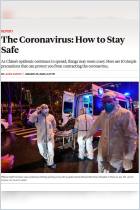

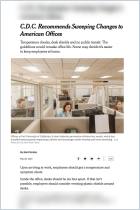
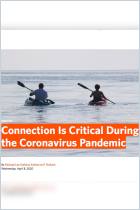
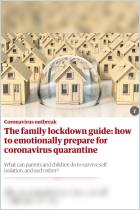
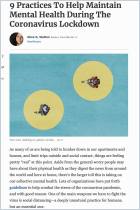
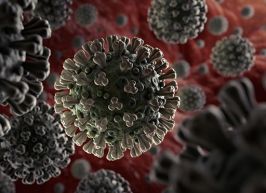

Comment on this summary or 开始讨论